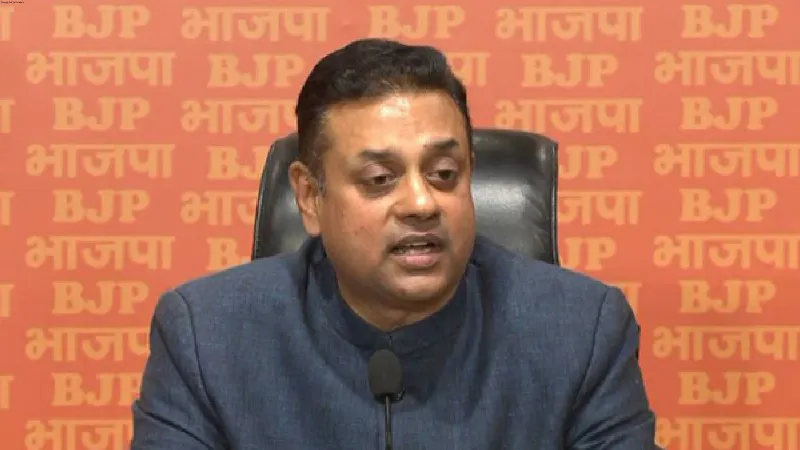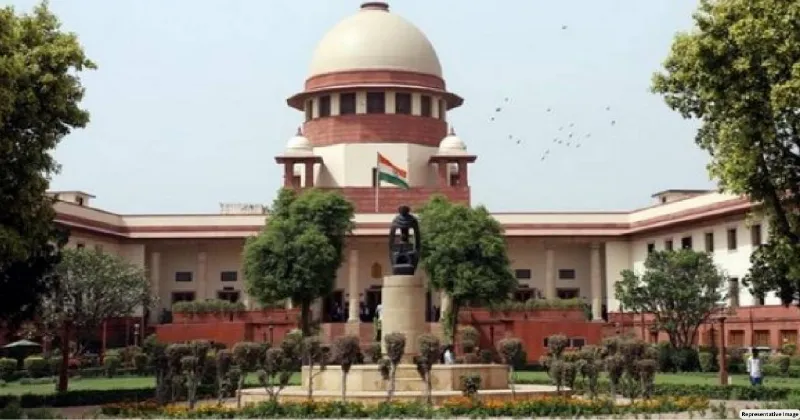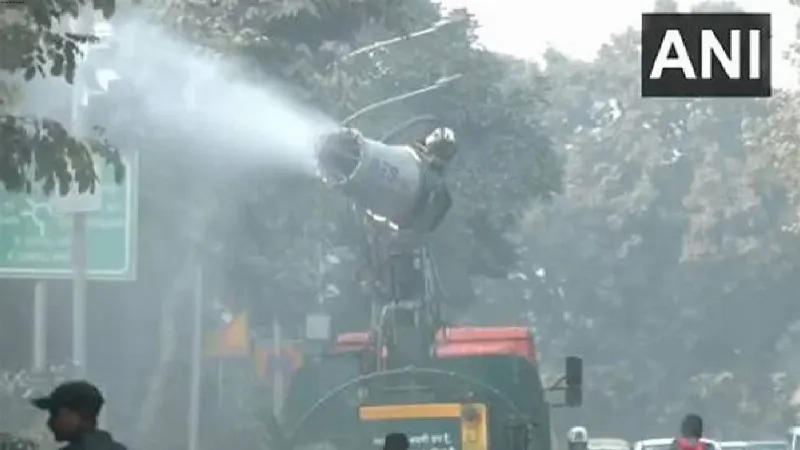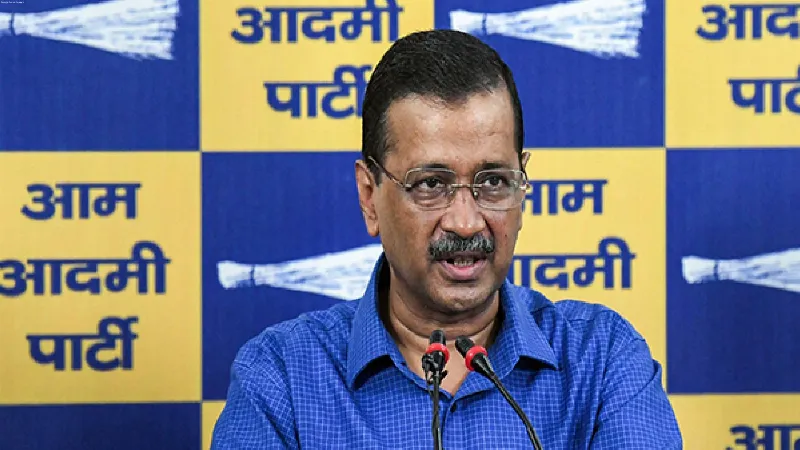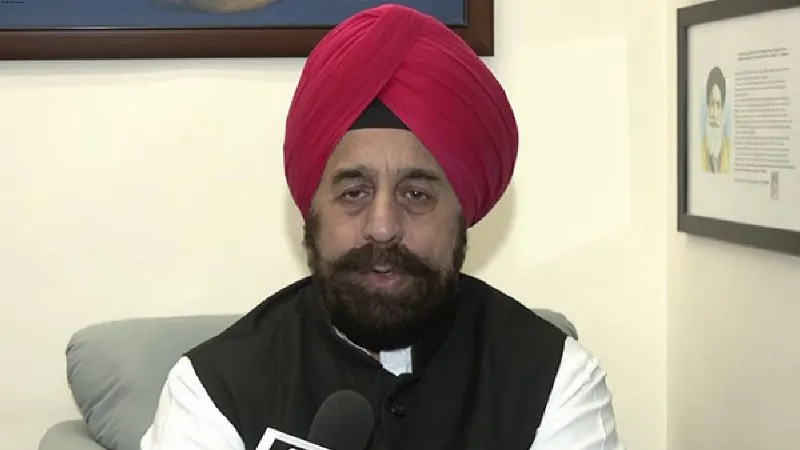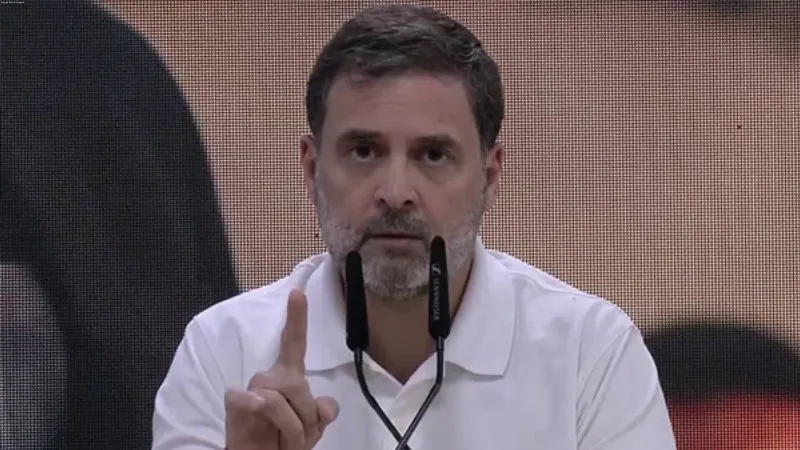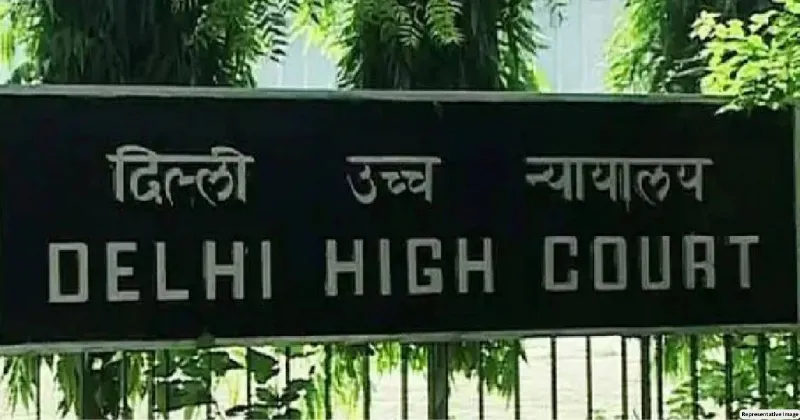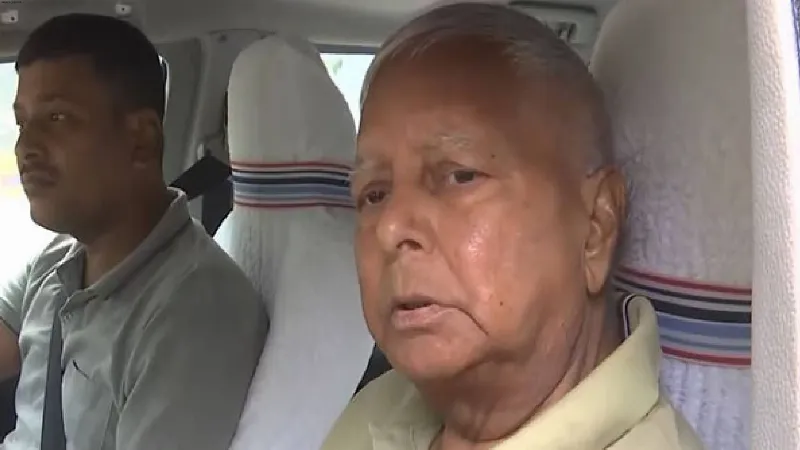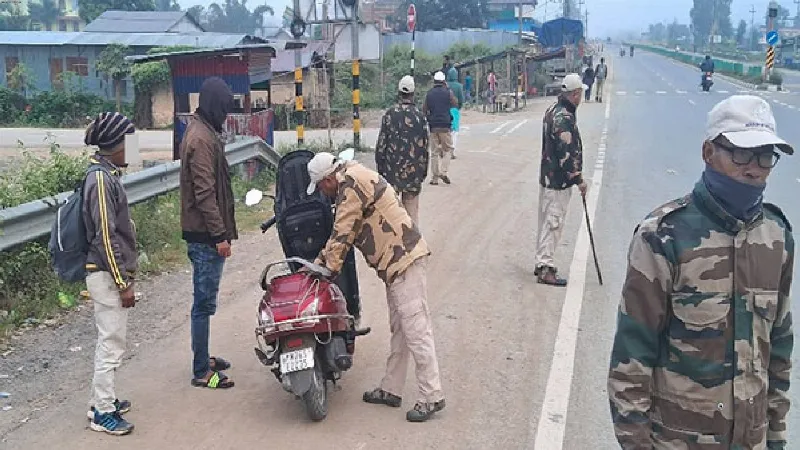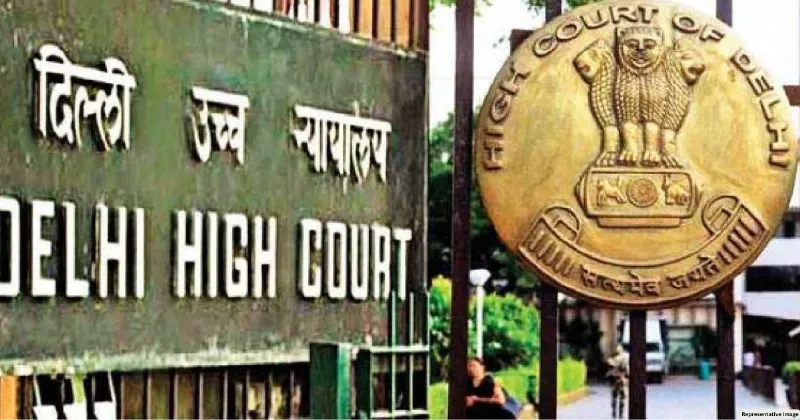New Delhi: The Delhi High Court has dismissed Chief Minister Arvind Kejriwal's plea challenging his arrest in the alleged excise policy scam, stating that the conduct of the AAP supremo in relation to his non-cooperation with the investigating agency is visible by the fact that he failed to join investigation despite being served with nine summons.
The bench of Justice Swarna Kanta Sharma on Tuesday while dismissing Kejriwal's plea made strong observations and said Kejriwal was not summoned for the first time after the General Elections were declared in India or the Model Code of Conduct came into existence, but the first summons was sent to him as far back as in October 2023.
It was Kejriwal himself who had chosen not to join the investigation, but had sent replies to all the summons, the bench said, adding that the Delhi CM himself was aware of the case, as many of his co-accused persons were in judicial custody in the same ECIR, and he had knowledge about the statements recorded in the ECIR (Enforcement Case Information Report).
Therefore, to say that he did not attend those summons since he did not know why he was being summoned has no merit, the court added.
The court cleared that this court would not lay down two different categories of laws, one for common citizens, and the other granting special privilege to be extended by investigating agency to a Chief Minister or any other person in power only on the basis of being in that public office since that public office is enjoyed by that public figure due to the mandate of the public.
The Bench of Justice Swarna Kanta Sharma also made clear that this Court is not a conflict between the Central Government and the petitioner, Arvind Kejriwal.
Instead, it is a case between the petitioner Arvind Kejriwal and the Directorate of Enforcement, it added.
In such legal proceedings, it is crucial for the Court to maintain its focus solely on the legal merits of the case. Political factors or dynamics should not and have never influenced the court's deliberations or decision-making process, said the Court.
It further said that the role of the Court is to impartially assess the evidence presented and apply the relevant laws to determine the outcome of the case.
Any attempt to introduce political considerations into the proceedings would undermine the integrity of the legal process and could compromise the pursuit of justice. Therefore, it is essential for the court to remain vigilant in ensuring that the case is adjudicated based on legal principles and not influenced by extraneous factors, said the bench.
The courts have been and are better left untouched by political influences or interferences and their only and sole responsibility and duty is the application of the law enacted by Parliament, which is the will of the people, added the court.
Adding further, the bench said that the courts, as the custodians of justice, are primarily concerned with only upholding constitutional morality rather than getting into the issue of the political morality of the parties, as the issue of political morality is their concern and this Court cannot form any judgment about the same.
While concluding the judgment, the Court holds that Judges are bound by law and not by politics. The Court also holds that judgments are driven by legal principles and not political affiliations, said the bench.
The conduct of the petitioner, Arvind Kejriwal, in not joining the investigation left little option with the Directorate of Enforcement other than his arrest for the purpose of investigating a pending case, in which other co-accused are in judicial custody, and the investigating agency is also running against time in view of the order of the Supreme Court, vide which it was ordered that the trial in this case should proceed expeditiously, stated the bench.
The Court while holding the arrest of the petitioner and the remand order dated March 22, 2024, valid, said that Kejriwal's arrest is not in contravention of Law and remand can't be termed "illegal".
The material collected by the Enforcement Directorate reveals that Arvind Kejriwal conspired and was actively involved in the use and concealment of proceeds of crime. The ED case also reveals that he was involved in his personal capacity as well as the convenor of the Aam Aadmi Party.
The court further stated that this court is of the opinion that the accused has been arrested and his arrest and remand have to be examined as per law and not as per the timing of elections. Kejriwal's challenge to the timing of arrest before general elections in the absence of any mala fide on part of ED is not sustainable, said the court.
Kejriwal was arrested on March 21 by the ED in relation to the excise policy case.
The trial court on April 1, sent Arvind Kejriwal to judicial custody till April 15, 2024. ED alleged that the Aam Adami Party (AAP) is the major beneficiary of the proceeds of crime generated in the alleged liquor scam.

.jpg)


